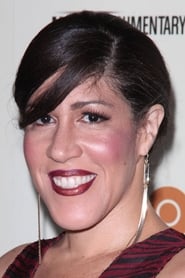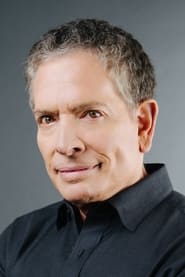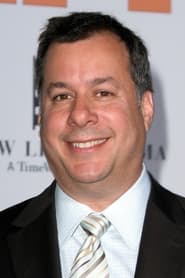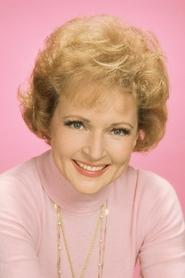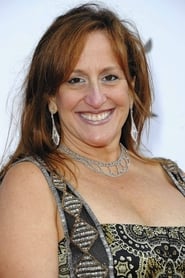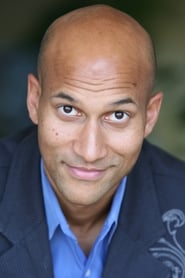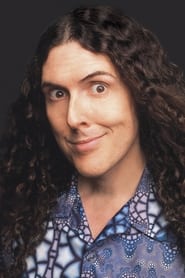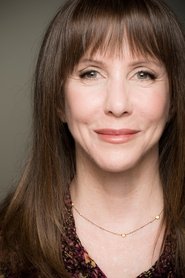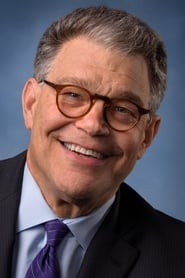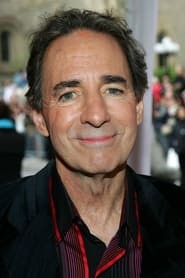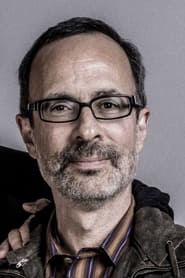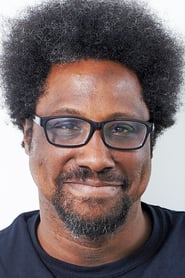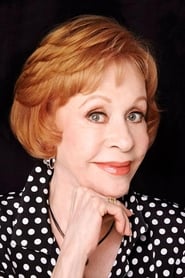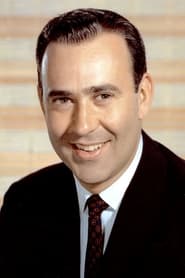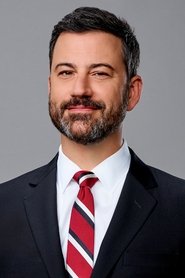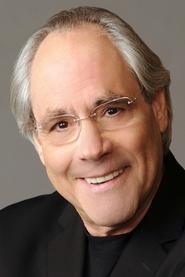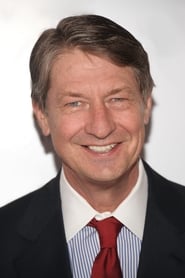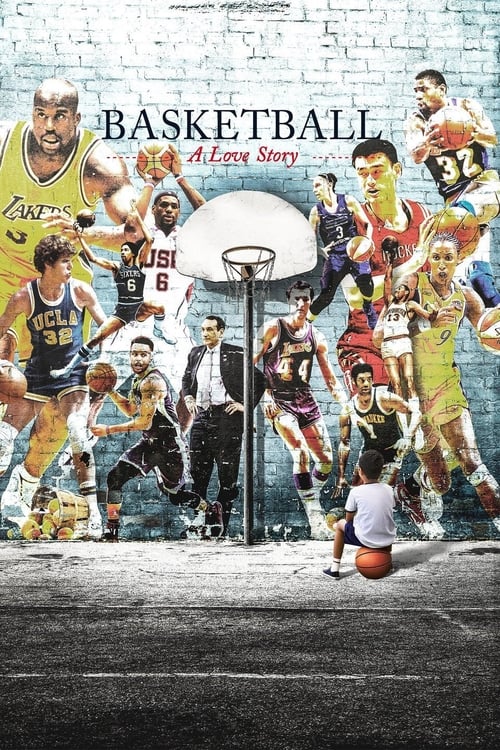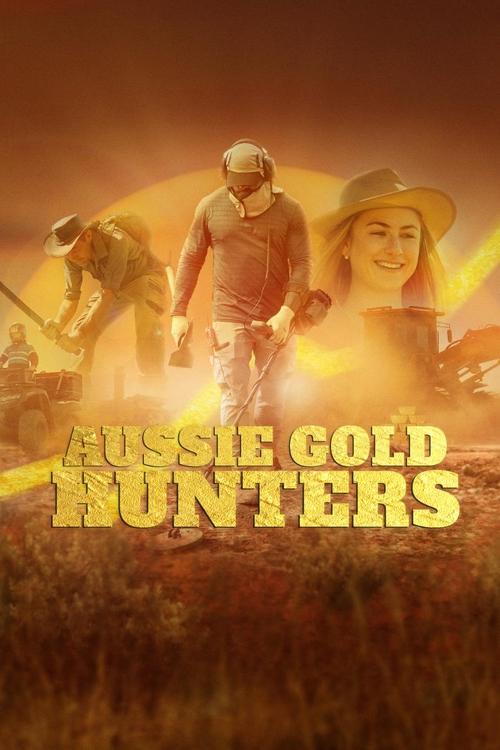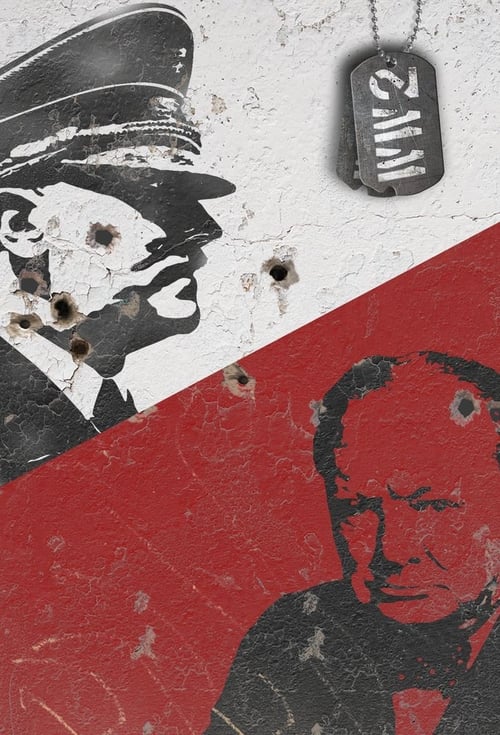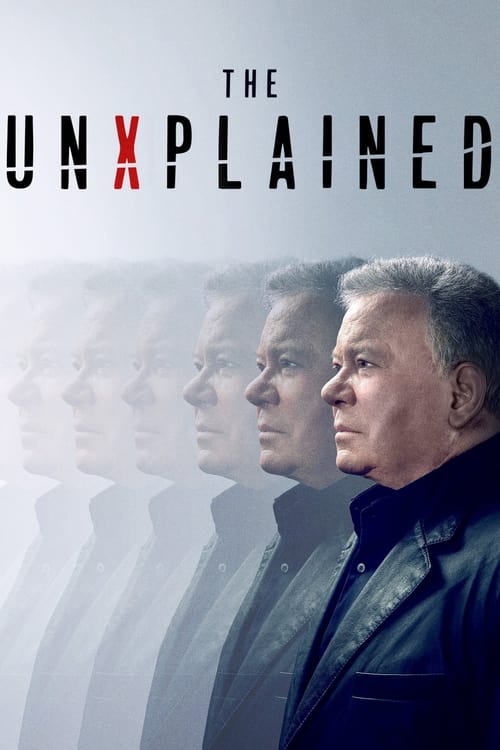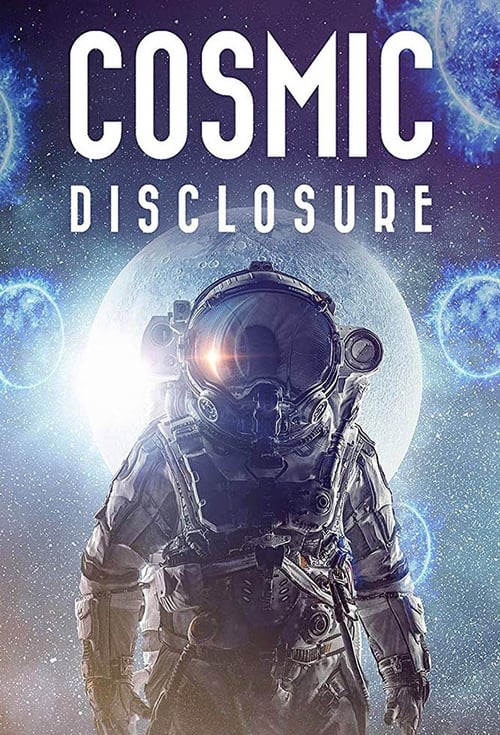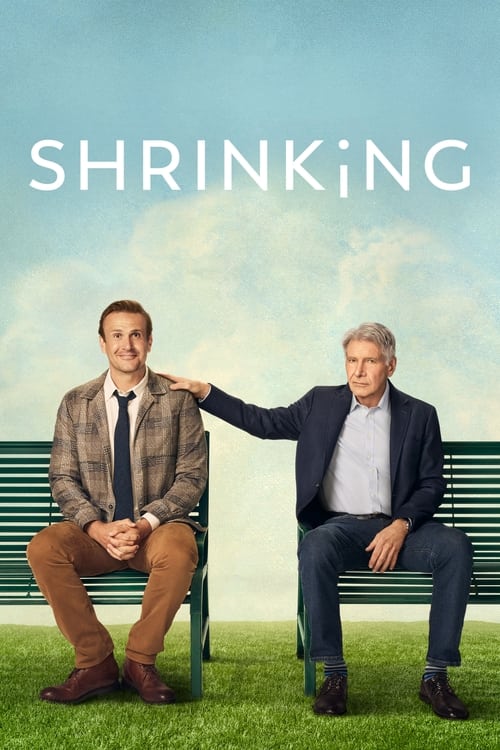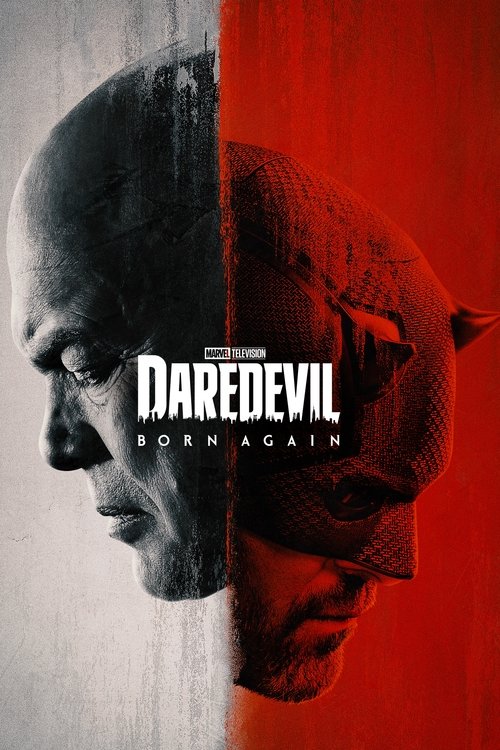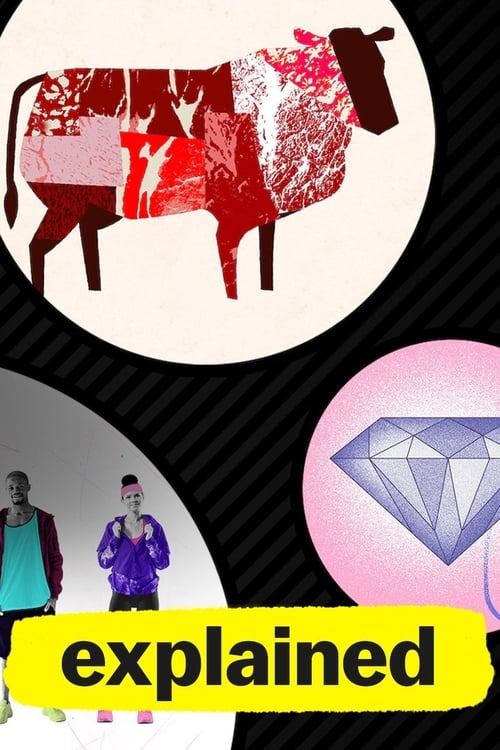
Ask Your Own Question
What is the plot?
In "One Nation, Under Comedy," the episode opens with a montage of various comedians discussing the role of comedy in addressing social and political issues. The tone is set with clips from stand-up routines, sketches, and interviews that highlight how humor has been used as a tool for commentary and critique throughout American history. The episode emphasizes the power of comedy to reflect societal tensions and provoke thought.
The narrative then shifts to the historical context of comedy during significant political events, particularly focusing on the 1960s and 1970s. The episode features archival footage of comedians like Lenny Bruce, who pushed boundaries with their material, often facing legal repercussions for their provocative content. Bruce's struggles with censorship and his eventual arrest for obscenity are detailed, showcasing the risks comedians took to challenge societal norms.
As the episode progresses, it introduces the rise of political satire in television, highlighting shows like "Saturday Night Live" and "The Daily Show." Interviews with cast members and writers from these shows reveal the internal motivations behind their comedic choices. They discuss how they aimed to provide a counter-narrative to mainstream news, using humor to dissect political events and figures. The episode includes iconic sketches and segments that lampoon politicians, illustrating how comedy can influence public perception.
The focus then shifts to the 1980s and 1990s, examining the emergence of stand-up comedy as a dominant form of entertainment. Comedians like George Carlin and Richard Pryor are featured prominently, with clips showcasing their groundbreaking routines that tackled race, politics, and personal identity. The emotional weight of their performances is highlighted, as they often drew from their own experiences to connect with audiences on deeper levels.
The episode also addresses the backlash comedians faced for their controversial material. It discusses the concept of "cancel culture" and how it has evolved over the decades. Comedians reflect on the challenges of navigating public opinion and the fear of backlash, sharing personal anecdotes about times they faced criticism for their jokes. This segment emphasizes the delicate balance comedians must strike between humor and sensitivity.
As the episode nears its conclusion, it explores the impact of social media on comedy. The rise of platforms like Twitter and Instagram has changed how comedians interact with their audiences and how quickly jokes can spread. The episode features contemporary comedians discussing the immediacy of feedback they receive and how it influences their material. This shift is illustrated with examples of viral jokes and the rapid response to political events in real-time.
The final scenes of the episode bring together various threads, showcasing how comedy continues to evolve in response to the political landscape. Comedians express their hopes and fears for the future of comedy, reflecting on its role as a mirror to society. The episode closes with a powerful montage of laughter and applause, underscoring the enduring significance of comedy in fostering dialogue and understanding in a divided nation.
What is the ending?
In the ending of "One Nation, Under Comedy," the episode concludes with a reflection on how comedy has served as a unifying force in American society, despite its divisive nature. The episode emphasizes the role of comedians in addressing social issues and the impact of their work on public discourse.
As the episode progresses towards its conclusion, it revisits key moments from the history of comedy in America, showcasing how various comedians have tackled political and social themes. The final scenes highlight the resilience of comedy as a tool for both entertainment and social commentary, leaving viewers with a sense of hope about the power of laughter to bridge divides.
As the episode "One Nation, Under Comedy" draws to a close, the screen transitions to a montage of iconic moments from American comedy, interspersed with clips of comedians discussing their motivations and the societal issues they address through their art. The tone shifts to a more reflective mood, inviting viewers to consider the broader implications of comedy in shaping public opinion and fostering dialogue.
The first scene of the ending features a series of clips from stand-up performances, where comedians like George Carlin and Richard Pryor tackle controversial topics. Their boldness in confronting societal norms resonates with the audience, illustrating how comedy can challenge the status quo. The laughter that follows each punchline is juxtaposed with the serious undertones of their messages, emphasizing the duality of comedy as both a source of joy and a vehicle for critique.
Next, the episode transitions to interviews with contemporary comedians who express their thoughts on the legacy of those who came before them. They share personal anecdotes about how they were inspired by the trailblazers of comedy, revealing their internal struggles with the responsibility of addressing sensitive issues. This segment highlights the emotional weight that comedians carry, as they navigate the fine line between humor and offense.
In the following scene, the episode showcases a live performance where a comedian addresses a politically charged topic, eliciting a mix of laughter and contemplation from the audience. The camera captures the diverse reactions in the crowd, illustrating how comedy can evoke a range of emotions and provoke thought. The comedian's ability to connect with the audience serves as a reminder of the unifying power of laughter, even in divisive times.
As the episode nears its conclusion, it revisits the theme of comedy as a reflection of society. Clips of late-night talk shows and satirical news programs are shown, demonstrating how these platforms have become essential in shaping public discourse. The hosts and correspondents discuss their roles in holding power accountable, reinforcing the idea that comedy is not just entertainment but a crucial part of the democratic process.
The final moments of the episode feature a powerful montage of comedians from various backgrounds, each delivering a poignant line that encapsulates their unique perspectives on American life. The screen fades to black as the words "One Nation, Under Comedy" appear, leaving viewers with a sense of unity and hope. The episode concludes with a reminder that, despite the challenges faced by society, comedy remains a vital force for connection and understanding.
In summary, the fate of the main characters--comedians both past and present--is one of continued influence and inspiration. They are portrayed as vital contributors to the cultural landscape, using their voices to address important issues and foster dialogue among diverse audiences. The episode leaves viewers with a sense of optimism about the enduring power of comedy to bring people together, even in the face of adversity.
Is there a post-credit scene?
In the episode "One Nation, Under Comedy" from The History of Comedy, there is no post-credit scene. The episode concludes without any additional content after the credits roll. The focus remains on the exploration of how comedy has been used as a tool for social commentary and political discourse throughout American history, emphasizing the impact of various comedians and their contributions to the cultural landscape.
What specific comedians are featured in this episode and what are their contributions to the theme of comedy in America?
This episode features a variety of comedians, including George Carlin, Richard Pryor, and Jon Stewart, who discuss how their comedic styles reflect and critique American society. Carlin's observational humor and social commentary highlight the absurdities of American life, while Pryor's personal narratives address race and identity, showcasing the power of comedy to confront societal issues.
How does the episode illustrate the impact of political events on comedy during different eras?
The episode chronicles how major political events, such as the Vietnam War and the Watergate scandal, influenced comedians' material and public perception. It shows how comedians like Lenny Bruce pushed boundaries during the counterculture movement, while others adapted their humor to respond to the changing political landscape, revealing the symbiotic relationship between comedy and current events.
What role does satire play in the comedic styles discussed in this episode?
Satire is a central theme in this episode, with comedians using it as a tool to critique political figures and societal norms. The episode highlights how figures like Jon Stewart and Stephen Colbert employed satire to challenge authority and provoke thought, demonstrating how humor can serve as a form of resistance and commentary on the state of the nation.
How do the personal backgrounds of the featured comedians influence their comedic perspectives?
The episode delves into the personal histories of comedians like Richard Pryor, whose experiences with racism and hardship shaped his comedic voice. It contrasts this with the backgrounds of other comedians, illustrating how their unique life experiences inform their humor and the messages they convey, ultimately enriching the tapestry of American comedy.
What specific examples of comedy routines or sketches are highlighted in this episode, and what messages do they convey?
The episode showcases iconic routines, such as George Carlin's 'Seven Words You Can Never Say on Television,' which challenges censorship and societal norms. It also features Richard Pryor's storytelling about his life experiences, emphasizing the importance of authenticity in comedy. These examples illustrate how comedy can address serious issues while still entertaining, reflecting the complexities of American culture.
Is this family friendly?
The episode "One Nation, Under Comedy" from The History of Comedy explores themes of political satire and social commentary through various comedic lenses. While it is primarily focused on the evolution of comedy in relation to American culture, there are several aspects that may be considered objectionable or upsetting for children or sensitive viewers:
-
Political Satire: The episode delves into political humor, which may include discussions of controversial figures and events that could be confusing or upsetting for younger audiences.
-
Strong Language: There may be instances of strong language or adult themes that are common in stand-up routines and comedic commentary.
-
Sensitive Topics: The exploration of race, gender, and social issues through comedy can lead to discussions that might be uncomfortable or challenging for some viewers.
-
Historical Context: The episode may reference historical events or societal issues that could be distressing, particularly those involving conflict or injustice.
-
Adult Humor: Some comedic segments may include adult humor that is not suitable for children, focusing on mature themes or innuendos.
Overall, while the episode provides valuable insights into the role of comedy in society, it may not be entirely family-friendly due to its content and themes.




